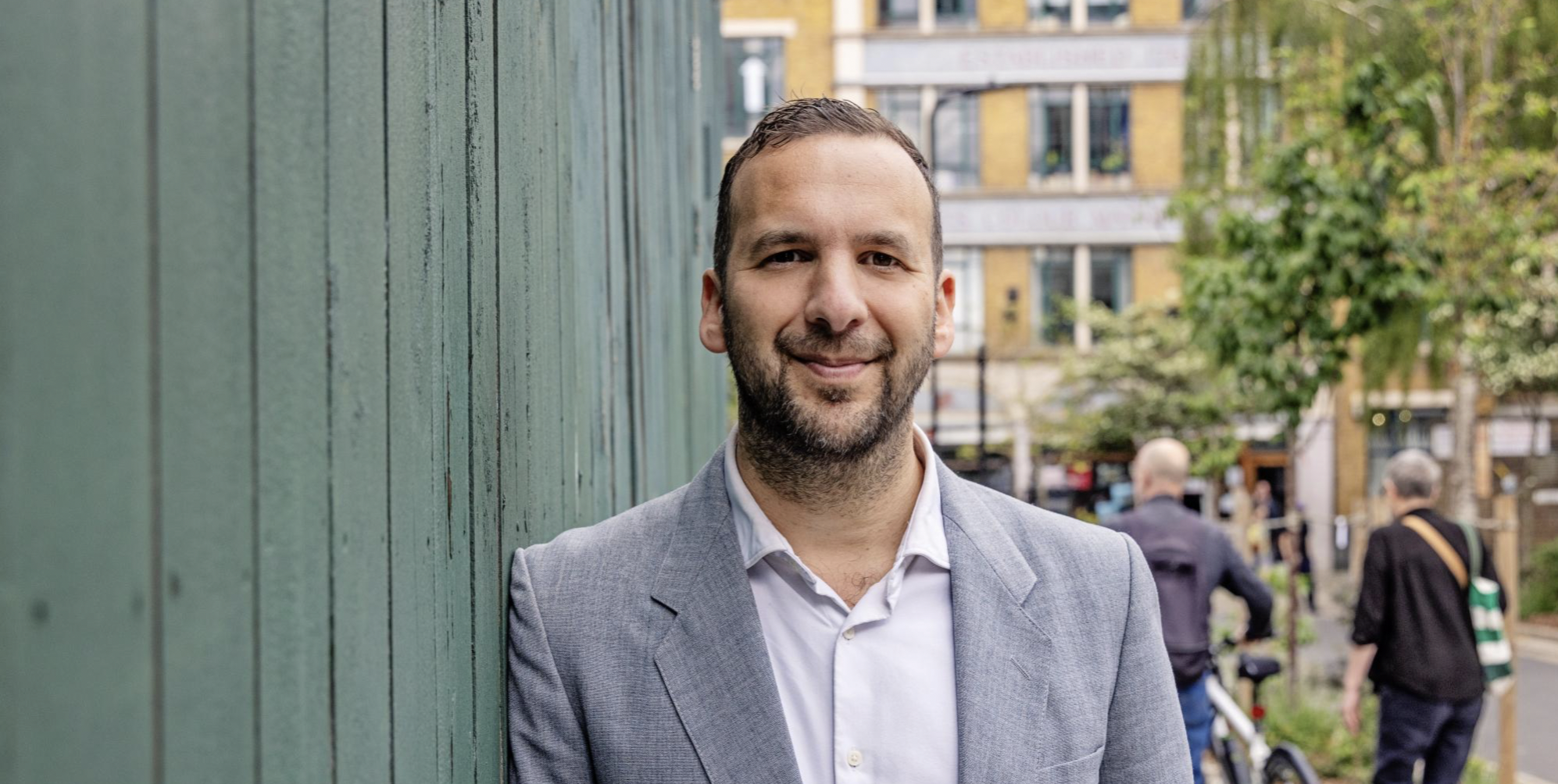Zack Polanski’s recent election as leader of the Green Party of England and Wales marks a significant moment for the party. Not only is he gay and Jewish but he's a bit of a firebrand, particularly when it comes to gay and LGBTQ+ rights in general.
Polanski secured the leadership with an overwhelming 85% of the vote, decisively beating co-leaders Adrian Ramsay and Ellie Chowns. His campaign emphasised a fresh, bold approach that directly addresses economic inequality, environmental justice, and social inclusion, positioning the party as a formidable alternative to both Labour and Conservative governments, which he criticised for disappointing the public.
Polanski’s track record and public statements indicate a clear and firm support for trans rights, setting him apart from some of his party predecessors and contemporaries. In response to the UK Supreme Court’s recent ruling on the legal definitions of 'woman' and 'sex', Polanski voiced his opposition to what he described as 'thinly veiled transphobia'. This ruling by the Supreme Court, which determined that the term 'woman' under the Equality Act 2010 is defined biologically and excludes transgender women from this legal category, had caused significant division within the Green Party. While Adrian Ramsay appeared hesitant and non-committal on the issue, controversially suggesting that members holding anti-trans views should not be expelled, Polanski and former co-leader Carla Denyer have shown solidarity with the trans community and advocated for trans rights as human rights.
Polanski’s leadership pledge goes beyond social issues to a broader political strategy. He promises to challenge Labour from the left, aiming to transform the Greens into a mass movement rather than a marginal party. In interviews and campaign materials, he has highlighted the party’s focus on socialism, wealth redistribution, and international justice, including condemnation of the war in Gaza. This is part of an effort to capitalise on disillusionment with the traditional two-party system and the growing appeal of right-wing populism under figures like Nigel Farage. Still, Polanski remains open to cooperation with other progressive forces, although he declined to commit to a formal alliance with Jeremy Corbyn’s far-left party, signalling a nuanced approach to building alliances.
Polanski’s vision includes making the Green Party more visible and influential, targeting a significant increase in parliamentary representation to as many as 30 seats in the next general election. His background in drama and community theatre informs his advocacy style, promoting both evidence-based policies and compelling storytelling to engage the public. Alongside his leadership, his deputies Rachel Millward and Mothin Ali will play key roles in shaping the party’s future direction.
Source: Noah Wire Services
